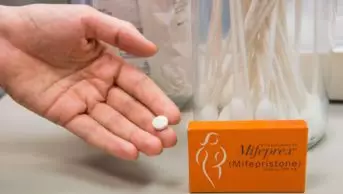
Shutterstock.com
Hormone replacement therapy (HRT) is not linked with cognitive harm in healthy women intiating treatment in their early 50s, a study has found.
Research, which was presented at the Alzheimer’s Association International Conference (AAIC) in Chicago, Illinois on 23 July 2018, investigated why results from two “influential” studies differed from previous findings linking HRT with cognitive decline.
Researchers looked at two more recent studies and found no negative effect on cognition in women who had initiated HRT between ages 50 and 54 years.
However, those who took HRT when aged between 65 and 79 years did have reductions in global cognition, working memory and executive functioning.
Women with type 2 diabetes on HRT also showed a higher risk of cognitive impairment compared with non-diabetic women on HRT and diabetic women given placebo.
“These findings add to our understanding of the complex effects of hormones on the brain,” said Carey Gleason, a researcher at the Wisconsin Alzheimer’s Disease Research Center in Madison, Wisconsin.
“These data are sorely needed to guide women’s healthcare during and after the menopausal transition and to help women make personalised and informed decisions regarding management of their menopausal symptoms and the prevention of future adverse health outcomes.”
Doug Brown, chief policy and research officer at Alzheimer’s Society, said: “Healthy women who started taking HRT in their early 50s, shortly after menopause, can feel reassured, as this research suggests there isn’t a link to brain decline with taking HRT from this time.”


